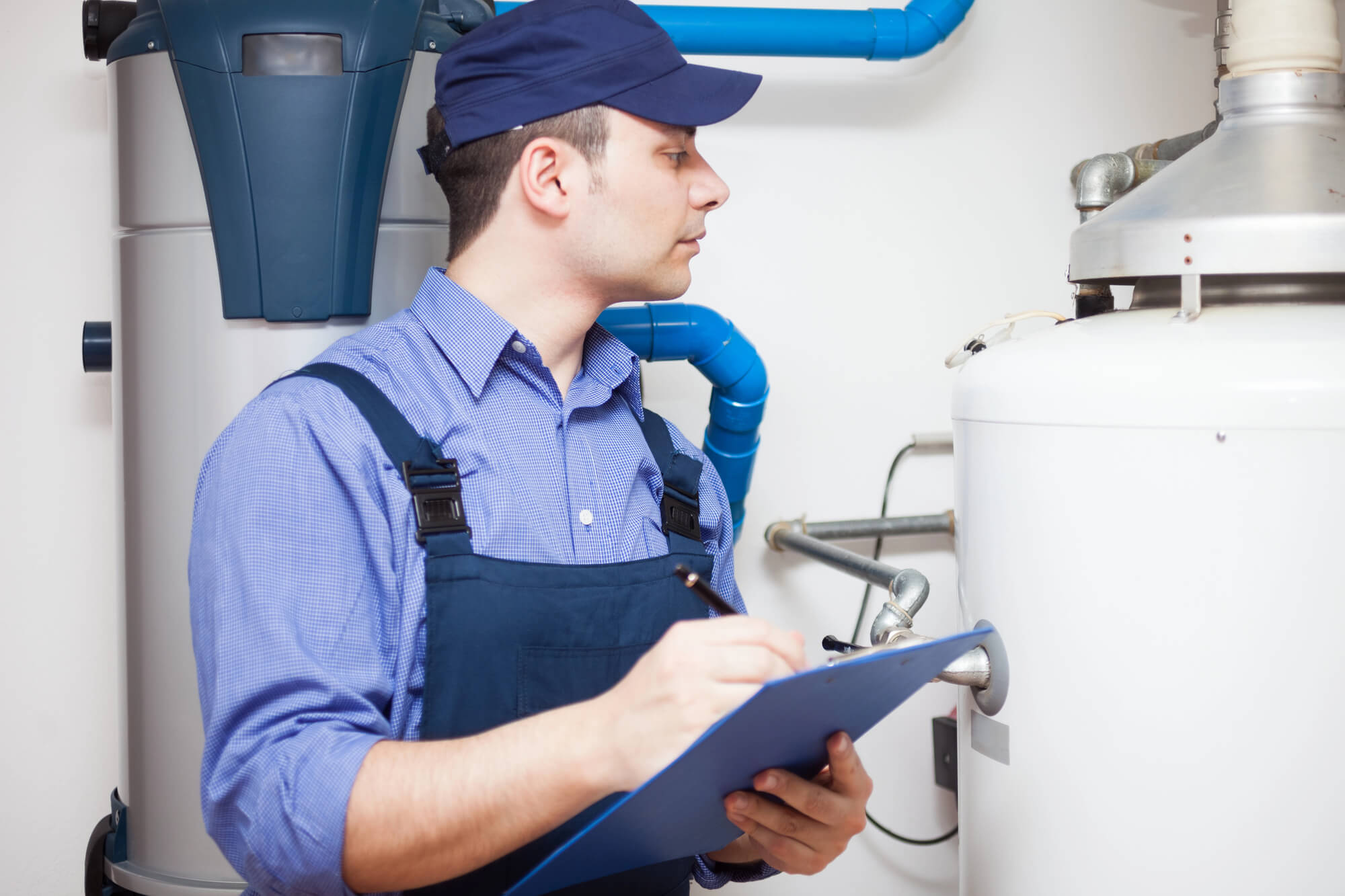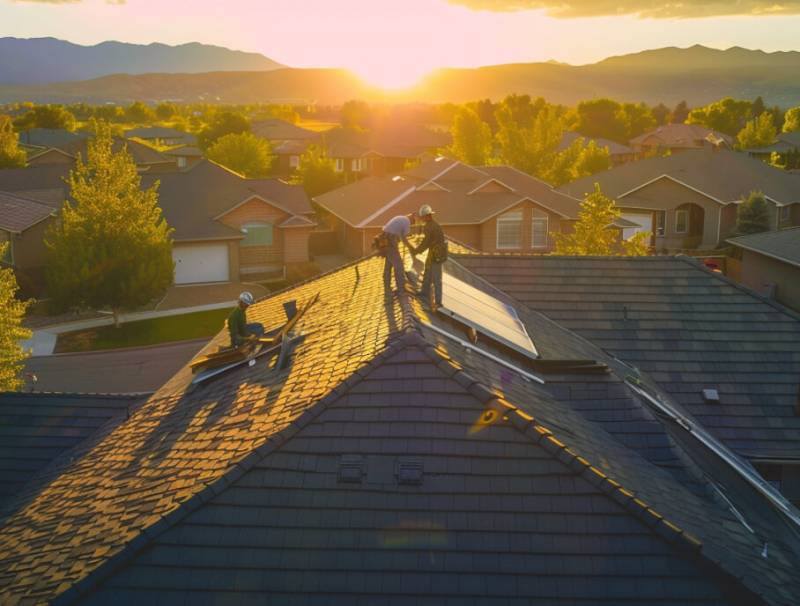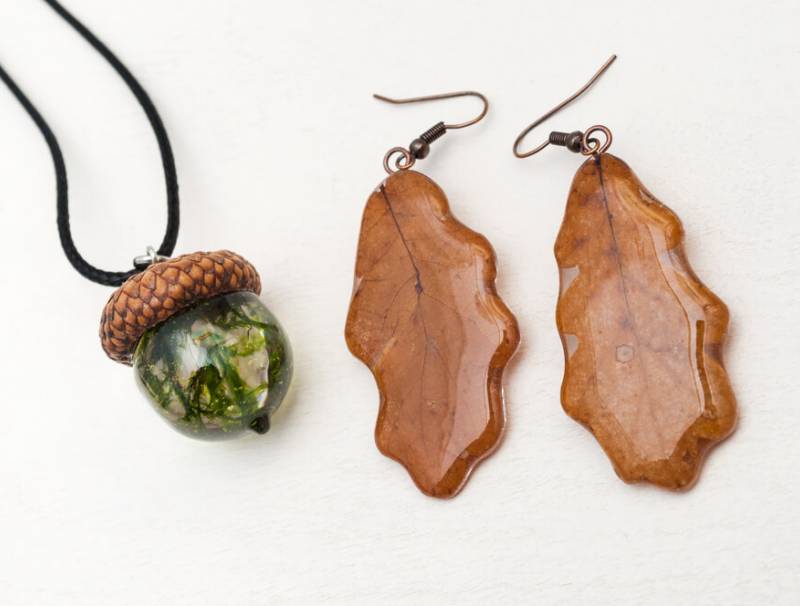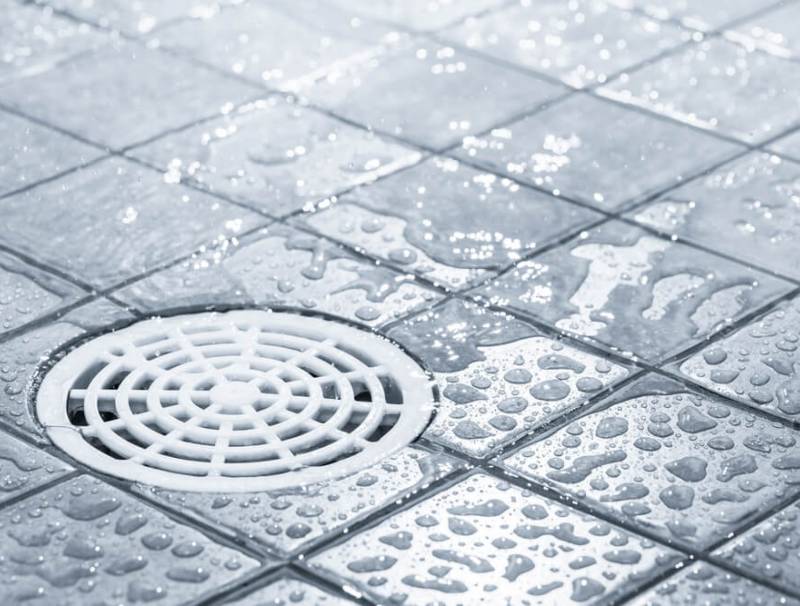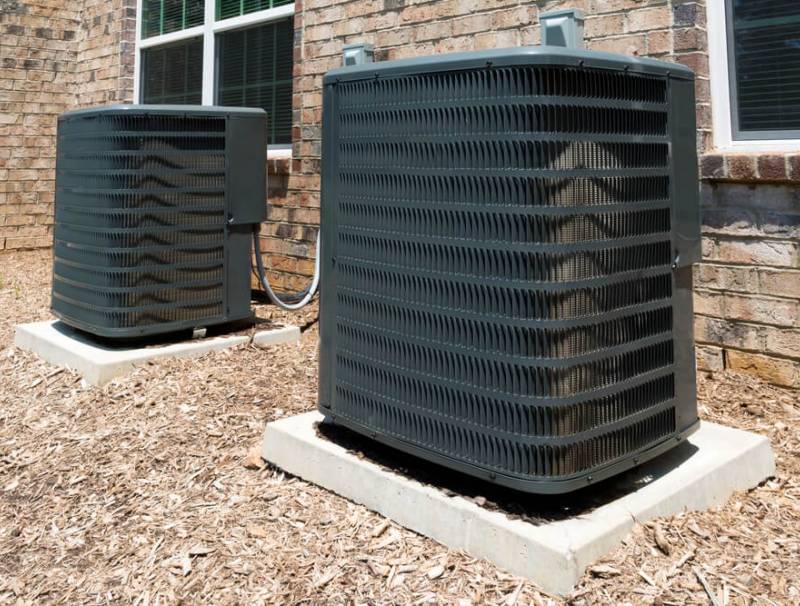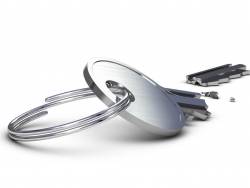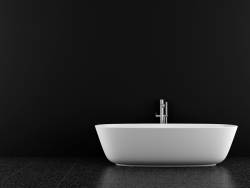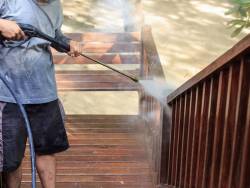What Size Water Heater Do You Need for Your Home?
Your water heater is a prized possession in your home. You may not realize how much you use it until you find it is no longer working and you need to rely on the cold water to get stuff done. Finding a water heater that is the right size for your home is going to be imperative; this can help keep the water warm when you need it, without wasting energy and time on hot water you are not using. But how do you make sure that you choose a water heart that is the right size for your home?
Front Range Water Heater and Excavation, a top local plumber in Loveland, CO, advises that there are several factors that will help you determine what size water heater you need for your home. You first should calculate your daily hot water needs, check the first hour rating, consider how many people are in the home, compare the different types of water heaters and their fuel types, and make a decision. Factoring in all of these considerations will ensure that you get an efficient water heater for your property.
Your water heater helps to keep the home moving and doing well. Let’s take a closer look at how to calculate the right size for a water heater in your home.
How to Pick the Right Size Water Heater for Your Home
There isn’t a one-size-fits-all idea when it comes to the water heater that you should use around your home. But some of the factors you can consider include:
Know Your Hot Water Needs
Think about the time when your household will use the most water. It may vary depending on what your schedule is like, but use that to figure out how much water you would use, at a maximum. These numbers can help:
- A shower takes between 10 to 15 gallons
- A bath takes between 20 to 25 gallons
- Handwashing is 1 gallon per minute
- Doing the dishes is between 2 to 4 gallons
- A washing machine will us between 35 and 40 gallons per load
- Dishwasher will use 6 to 16 gallons a load.
Check the FHR
This is the first hour rating, which is going to show how much hot water that specific water heater can provide during a busy hour. You should aim for it to be around 1 to 2 gallons above your peak hour demand to make sure you are safe.
Consider the Number of People in the Home
The more people in the home, the more you will need to keep the water warm. Some good rules of thumb to us here include:
- 1-2 people will need between a 30 to 40 gallon tank
- 3 to 4 people will need between a 50 to 60 gallon tank
- 5 or more people will need between 60 to 80 gallon tank to keep up. If you have well above 5 people, you may need to go with a tankless option or more than one water heater.
Types of Water Heaters
Even the type of water heater is going to factor into the size that you will want to choose. You will have a few different options to go with including:
- Tankless: These are going to provide on-demand water. They are more expensive and may struggle to keep up if you need a lot of water quickly. But they are energy efficient and you won’t have a big tank to worry about.
- Storage tank water heaters: These are the ones that have a big tank that will store and heat the water for you.
- Heat pump water heaters: Instead of generating heat directly, they will move heat from one place to another. They are energy efficient and work well.
- Solar water heaters: These are connected to the solar panels on your roof to help you get heat.
Comparing Water Heater Types
| Type | Initial Cost | Operating Cost | Lifespan (Years) | Energy Efficiency | Space Requirements | Best Suited For |
|---|---|---|---|---|---|---|
| Storage Tank | Low | Moderate | 10-15 | Moderate | Large | Large families |
| Tankless | High | Low | 20+ | High | Small | Small homes, apartments |
| Heat Pump | High | Low | 10-15 | Very High | Large | Warm climates |
| Solar | Very High | Very Low | 20+ | Very High | Large (roof space) | Sunny climates |
Understanding Energy Factor Ratings
The Energy Factor (EF) is a measure of overall water heater efficiency. Higher EF ratings indicate more efficient water heaters.
| Water Heater Type | Typical EF Range |
|---|---|
| Storage Tank (Gas) | 0.50 - 0.70 |
| Storage Tank (Electric) | 0.90 - 0.95 |
| Tankless (Gas) | 0.82 - 0.95 |
| Tankless (Electric) | 0.99 |
| Heat Pump | 2.00 - 3.50 |
| Solar (with electric backup) | 1.00 - 3.00 |
Cost Considerations
| Water Heater Type | Estimated Annual Operating Cost* |
|---|---|
| Storage Tank (Gas) | $200 - $300 |
| Storage Tank (Electric) | $400 - $600 |
| Tankless (Gas) | $150 - $250 |
| Tankless (Electric) | $250 - $350 |
| Heat Pump | $100 - $200 |
| Solar (with electric backup) | $50 - $150 |
*Note: Costs are estimates and may vary based on local utility rates, usage patterns, and specific model efficiency.
The Fuel Type
There are a few different types of fuel that you can use in your water heater. The two most common types are electricity and natural gas and most homes will have one or the other of these. If you have a natural gas connection in your home, that is often considered a better option, but both can work well.
Some households will go with solar to help, but this is usually not as efficient and only works in certain parts of the country. The one that you choose can help determine the size of water heater necessary too.
Choosing a Good Water Heater
For most homeowners, it helps to work with the professionals to take care of all their water heating needs. This will ensure that you are able to get something that will work well and will provide you with plenty of hot water. Consider using the factors above to calculate it out, or work with a professional who can get the job done right for you.


